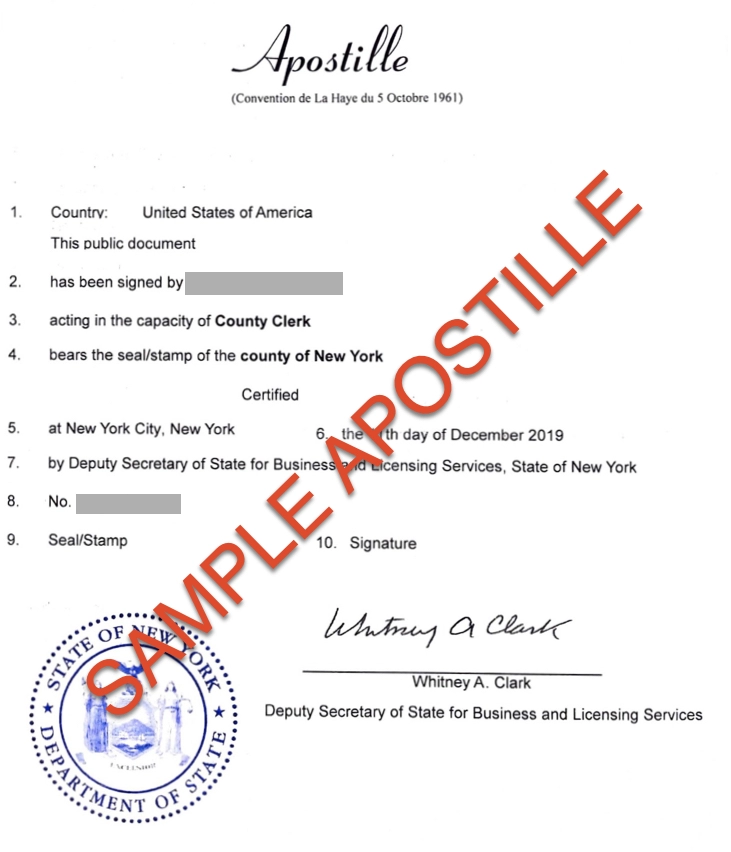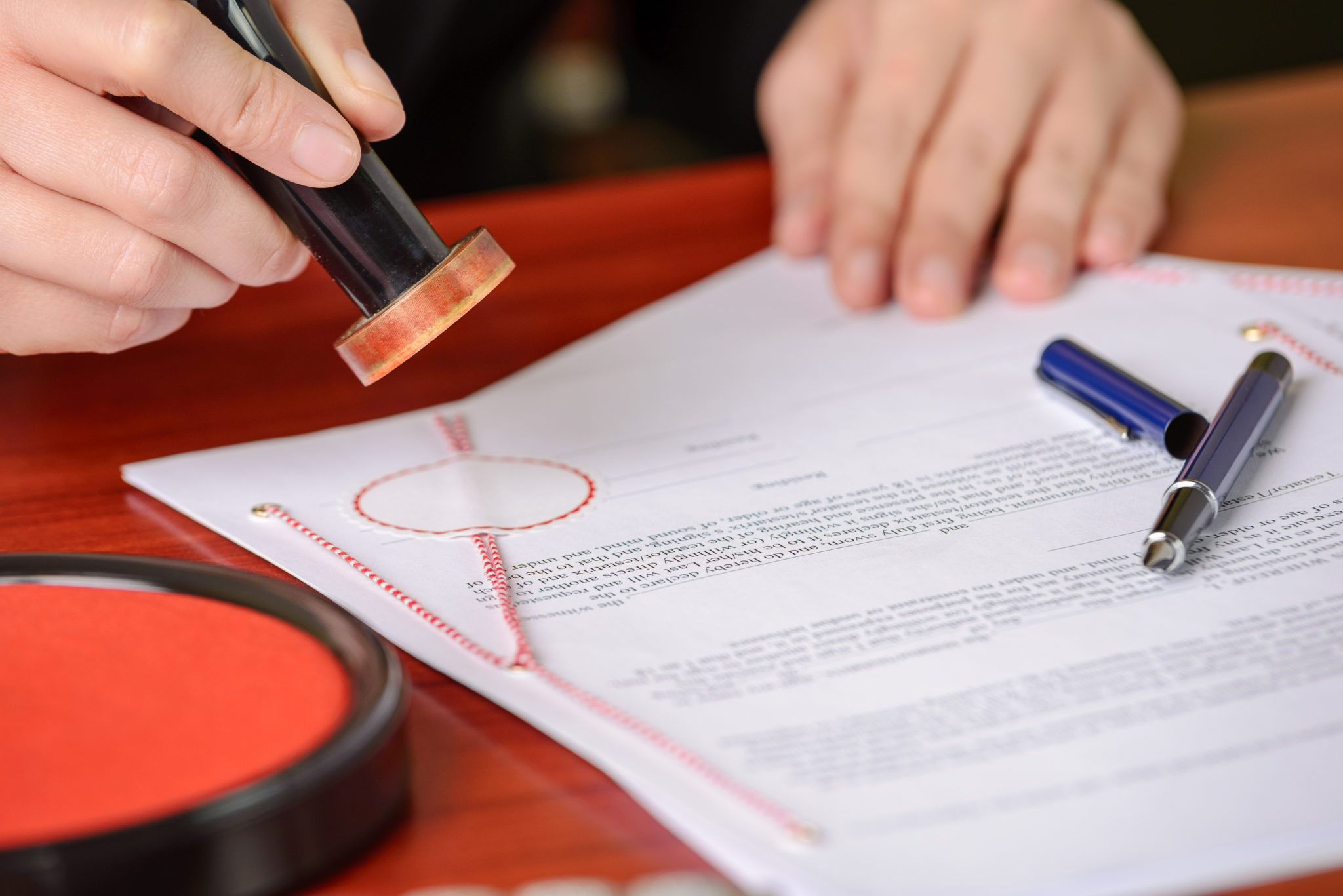Streamlined Apostille Process in Houston TX
Streamlined Apostille Process in Houston TX
Blog Article
Unveiling the Crucial Role of Apostille in Simplifying International Record Recognition Processes
In the realm of worldwide events, the validation of files holds vital relevance. By attaching an apostille to a file, it goes through a simplified validation that is identified across countless nations, hence easing the problems linked with cross-border file verification.
Recognizing Apostille Basics
In the realm of record recognition for worldwide use, grasping the basic concepts of apostille verification is vital. An apostille is a specific certificate that validates the credibility of a paper for usage in foreign countries that are part of the Hague Apostille Convention.
Apostilles are commonly released for crucial documents such as birth certifications, marriage certificates, and academic records. The crucial elements of an apostille include the name of the country where it was released, the name of the individual signing the file, the capacity in which the individual signed the file, the seal or stamp of the issuing authority, and the day of issuance. By comprehending these essential aspects of apostille verification, people and organizations can navigate the intricacies of worldwide file validation with self-confidence and efficiency.
Advantages of Apostille for Validation

In addition, the apostille streamlines the verification procedure by offering a standard certificate that confirms the authenticity of the document, such as birth certifications, marital relationship licenses, notarized acts, and academic records. This standardized layout decreases the threat of being rejected as a result of unfamiliarity with international files, hence improving the performance of cross-border deals.
In addition, the apostille helps in removing the need for several layers of verification by government authorities, as the apostille itself represents the file's legitimacy. This not only speeds up the record validation process yet also decreases the linked costs and administrative difficulties, making it a practical and cost-efficient remedy for services and people participating in international activities.
Simplifying Cross-Border Paper Verification
Simplifying cross-border record authentication, the apostille eliminates the requirement for extensive and commonly complex validation treatments usually required when offering files in foreign nations. By affixing an apostille to a record, the providing nation accredits the credibility of the record, making it easily appropriate in other nations that are part of the Hague Apostille Convention.
In addition, the apostille system improves the security and trustworthiness of cross-border paper validation by supplying a transparent and globally approved mechanism for validating the validity of papers. This simplification of authentication refines not just see benefits people and companies looking for to run globally yet also promotes smoother interaction and collaboration in between nations by guaranteeing the integrity of shared paperwork.
Relevance of Apostille in Legalization

Apostille ensures that legal papers such as birth certifications, marriage certificates, powers of attorney, and court records are identified and accepted in international territories. The apostille procedure minimizes the governmental obstacles and taxing procedures commonly connected with file legalisation, making international transactions extra efficient and legitimately binding.
Apostille Vs. Traditional Recognition Approaches
Comparing apostille with typical validation techniques discloses unique distinctions in the effectiveness and simpleness of paper authentication procedures for global use. Apostille, as a streamlined and standard technique developed by the Hague Convention, supplies an extra straightforward approach to verifying documents compared to typical techniques. Conventional recognition processes typically entail multiple actions, including registration, certification by federal government look at more info authorities, and consular legalization, which can be difficult and time-consuming.
Apostille, on the various other hand, streamlines this process by accrediting records with a single address apostille certification issued by a proficient authority in the nation where the record comes from (Houston TX Apostille). This certification is recognized by all member countries of the Hague Convention, removing the need for more consular office legalization. Therefore, apostille considerably decreases the moment and initiative needed for document validation, making it a favored option for organizations and individuals involved in worldwide deals
Conclusion
In final thought, apostille plays a vital role in streamlining global document validation processes by supplying a standard approach of authentication that is identified across taking part nations. By enhancing the legalisation process, apostille eliminates the requirement for several layers of recognition, reducing time and prices connected with cross-border paper authentication. This effective system advantages individuals and organizations looking for to make use of international records for legal objectives, making sure smoother global transactions.
By fastening an apostille to a record, it undergoes a streamlined validation that is recognized across many nations, thus alleviating the problems associated with cross-border document authentication. Streamlining cross-border document authentication, the apostille eliminates the need for prolonged and frequently difficult recognition procedures generally needed when offering records in foreign countries. By fastening an apostille to a record, the issuing country accredits the credibility of the document, making it readily acceptable in other nations that are component of the Hague Apostille Convention. By fastening an apostille to a paper, the releasing country accredits the credibility of the signature, seal, or stamp on the paper, making it legitimate for use in one more participant nation of the Hague Apostille Convention without the need for further legalisation.

Report this page